Our Food Principles
Great food starts with quality ingredients...
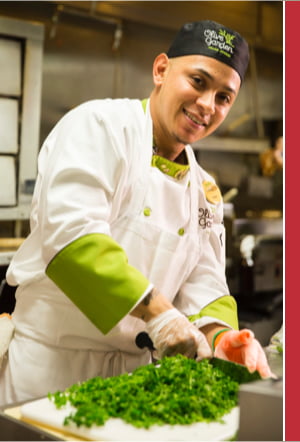 We recognize that where our ingredients come from and how they are grown are integral to preparing great food for our guests.
We recognize that where our ingredients come from and how they are grown are integral to preparing great food for our guests.
Food safety has always been our top priority, and we promise to use ingredients that meet our high standards for safe, wholesome food. To do that, we continue to implement best-in-class food safety and total quality programs, both in our restaurants and with our suppliers, every day. We are also mindful of the sustainability of ingredients, including the social and environmental benefits of the food we buy.
We are also committed to empowering our guests to make informed decisions about the food they eat by providing information about nutritional content and allergens.
...that are sustainably sourced.
We support a broad community of farmers, ranchers and other suppliers who work hard to help us bring great food to our tables. Given our mutual interests, we expect our suppliers to share our commitment to doing business the right way.
As we source our ingredients, Darden maintains our Supplier Code of Business Conduct, which outlines our expectations for our suppliers in areas such as ethical business practices; anti-corruption; human rights and labor laws; environmental, health and safety practices; and legal compliance.
Darden takes animal welfare very seriously. We have a responsibility to ensure that animals are treated with respect and care in the process of providing nutritious food that is served in our restaurants. Darden is careful to work with suppliers who share our commitment to animal welfare. We expect our suppliers to align with the internationally recognized principles of best care throughout the life of farm animals and to also provide a valid and verified animal welfare certification. For more details, see Darden's full Animal Welfare Policy.
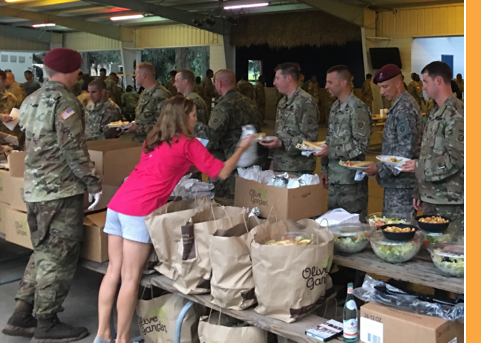 Our restaurants are proud to give back, and they are quick to take action to support their communities when it is needed. This comes to life in a variety of ways — providing meals to first responders, making donations to local organizations, volunteering and lending assistance to victims of natural disasters.
Our restaurants are proud to give back, and they are quick to take action to support their communities when it is needed. This comes to life in a variety of ways — providing meals to first responders, making donations to local organizations, volunteering and lending assistance to victims of natural disasters.
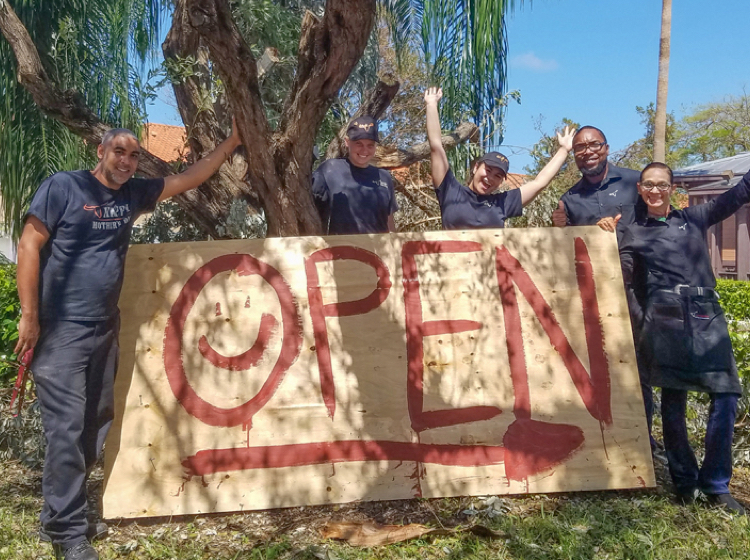

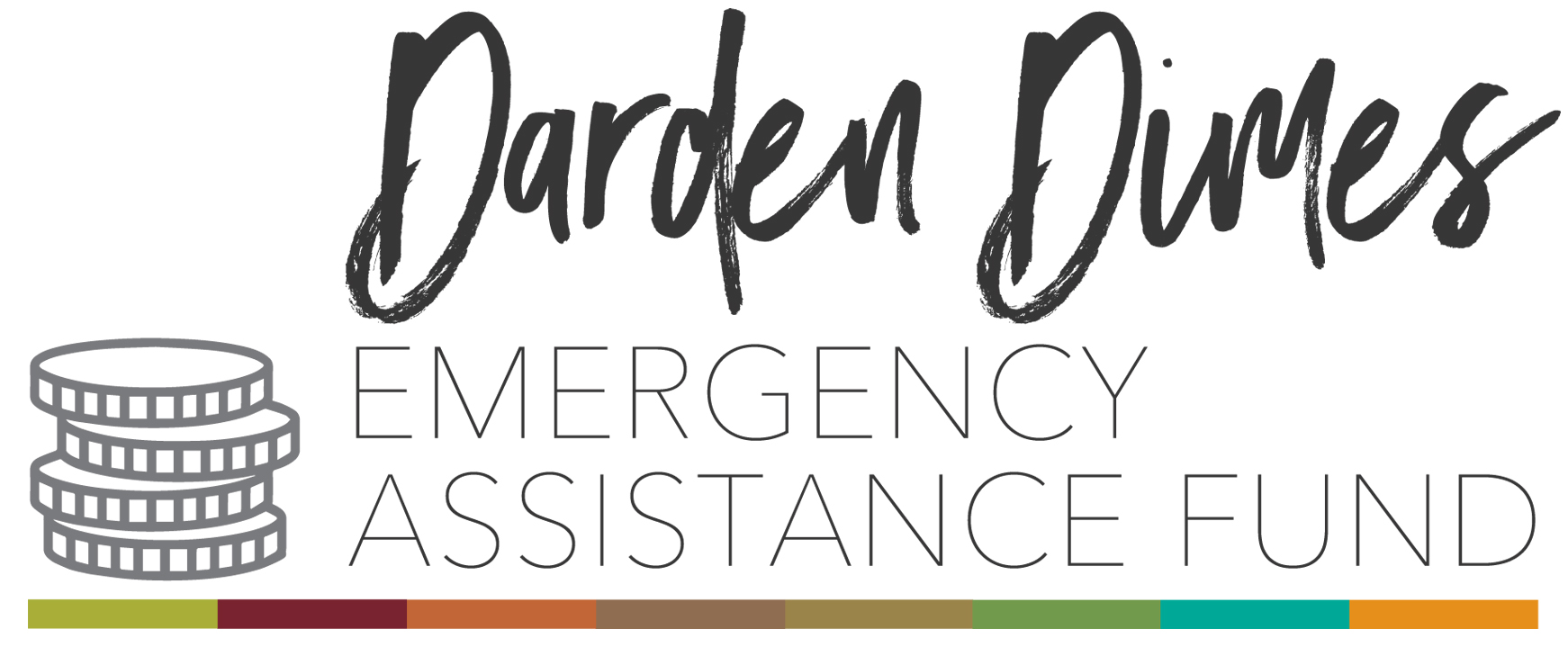

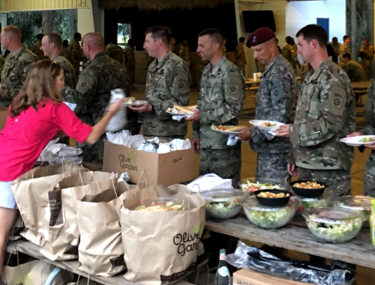
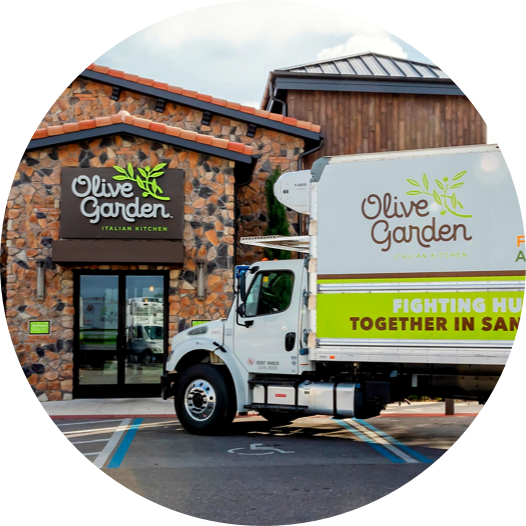

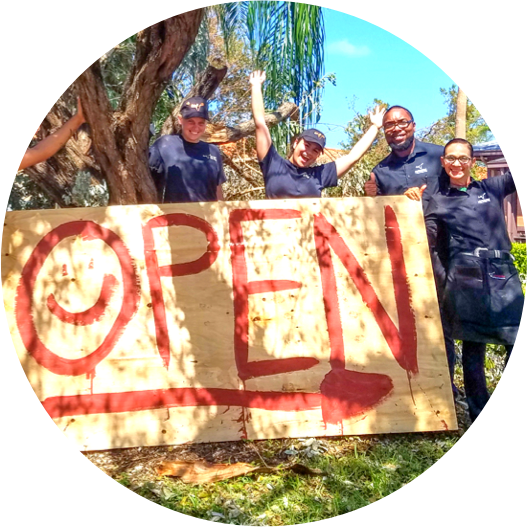
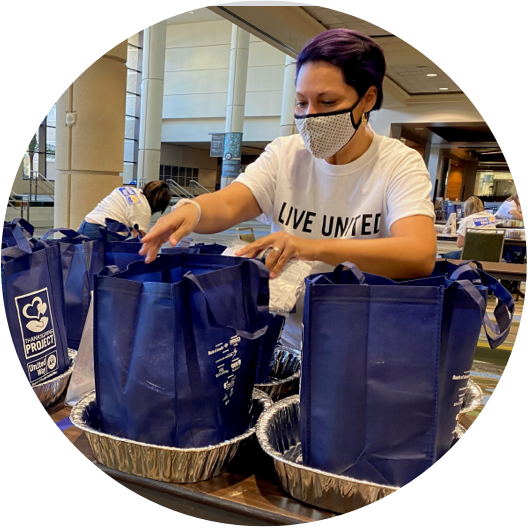
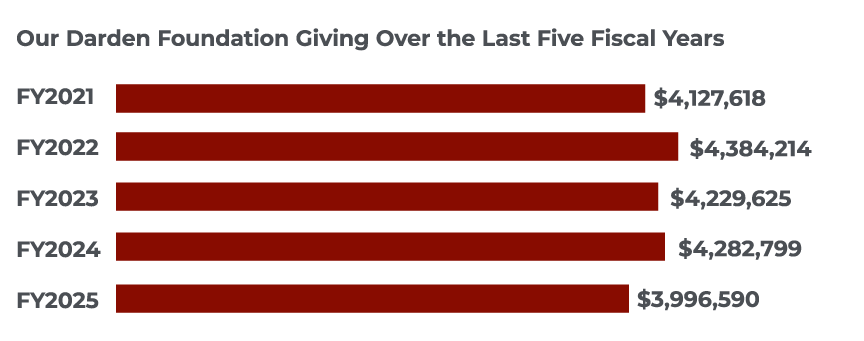

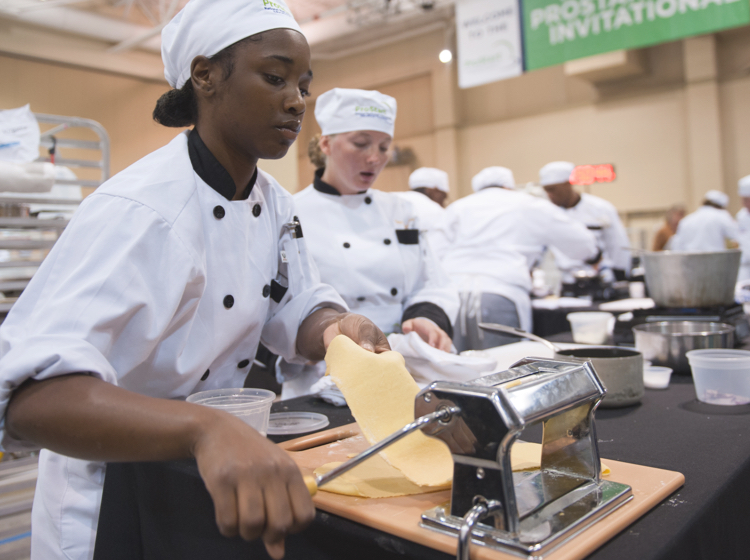


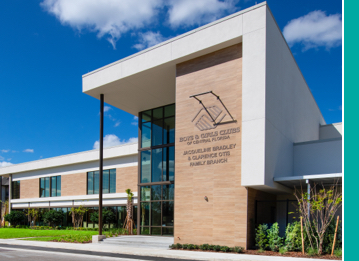 Most recently, the Darden Foundation committed $1.5 million to support construction of the new Bradley-Otis Boys & Girls Family Club, named after former Darden CEO Clarence Otis and his wife Jacqueline Bradley, and to the expansion of the Joe R. Lee Club, named for Darden’s first Chairman and CEO Joe Lee. The Bradley-Otis Boys & Girls Club is the largest branch in Central Florida — a 30,000-square-foot, state-of-the-art facility serving more than 250 children each day.
Most recently, the Darden Foundation committed $1.5 million to support construction of the new Bradley-Otis Boys & Girls Family Club, named after former Darden CEO Clarence Otis and his wife Jacqueline Bradley, and to the expansion of the Joe R. Lee Club, named for Darden’s first Chairman and CEO Joe Lee. The Bradley-Otis Boys & Girls Club is the largest branch in Central Florida — a 30,000-square-foot, state-of-the-art facility serving more than 250 children each day.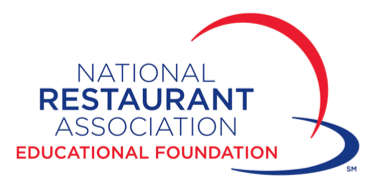
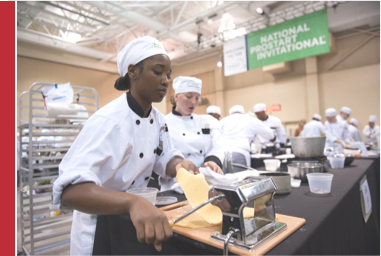 program, a national high school program that introduces students to career opportunities in the restaurant industry and provides them with an industry-driven curriculum on topics ranging from culinary techniques to management skills. Our annual contribution of $250,000 also supports the Restaurant Ready program to engage and encourage disconnected young people to pursue a path to employment and improve their quality of life.
program, a national high school program that introduces students to career opportunities in the restaurant industry and provides them with an industry-driven curriculum on topics ranging from culinary techniques to management skills. Our annual contribution of $250,000 also supports the Restaurant Ready program to engage and encourage disconnected young people to pursue a path to employment and improve their quality of life.

 Using a risk-based approach, we focus on ensuring food safety and food quality standards are upheld at every step of our supply chain. We conduct thorough supplier and product evaluations and only purchase products that meet or exceed our quality specifications. We also follow the comprehensive Hazard Analysis Critical Control Point (HACCP) food safety programs adopted by the U.S. Food and Drug Administration. These programs focus on preventing hazards that could cause food-borne illnesses, and we implement measures at every touchpoint from farm to fork to protect against potential risk to our guests and team members.
Using a risk-based approach, we focus on ensuring food safety and food quality standards are upheld at every step of our supply chain. We conduct thorough supplier and product evaluations and only purchase products that meet or exceed our quality specifications. We also follow the comprehensive Hazard Analysis Critical Control Point (HACCP) food safety programs adopted by the U.S. Food and Drug Administration. These programs focus on preventing hazards that could cause food-borne illnesses, and we implement measures at every touchpoint from farm to fork to protect against potential risk to our guests and team members.


 As climate impacts create changing weather patterns, we must be ready when our restaurants are projected to experience severe storms. The safety of our team members and guests is our top priority, and that is why we have a dedicated team to help restaurants prepare for severe weather and reopen safely once it passes. This cross-functional Task Force works with a weather intelligence firm to forecast storm activity and model data to predict their impact on our restaurants.
As climate impacts create changing weather patterns, we must be ready when our restaurants are projected to experience severe storms. The safety of our team members and guests is our top priority, and that is why we have a dedicated team to help restaurants prepare for severe weather and reopen safely once it passes. This cross-functional Task Force works with a weather intelligence firm to forecast storm activity and model data to predict their impact on our restaurants.
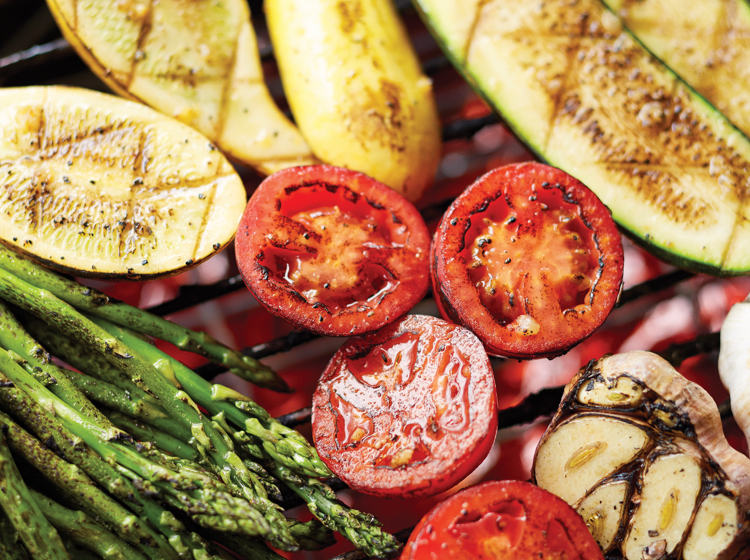
 We recognize that where our ingredients come from and how they are grown are integral to preparing great food for our guests.
We recognize that where our ingredients come from and how they are grown are integral to preparing great food for our guests.
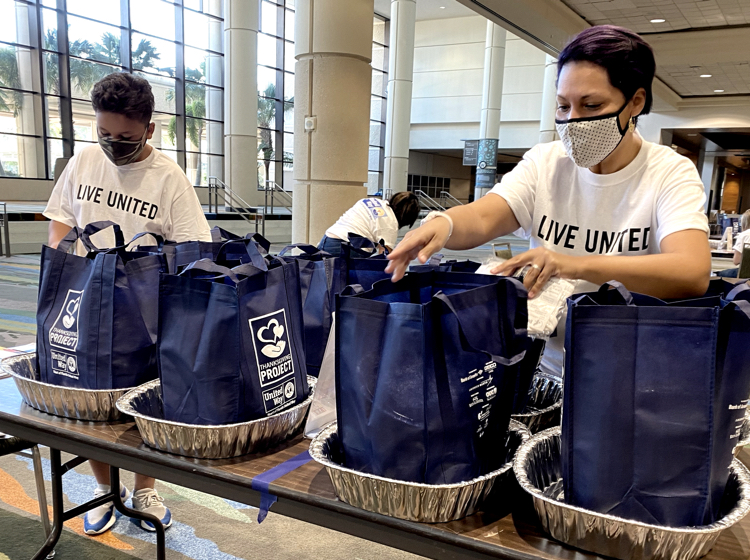
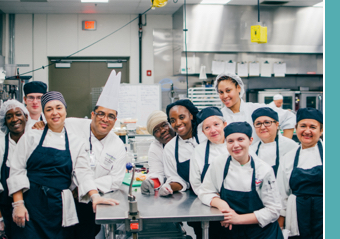

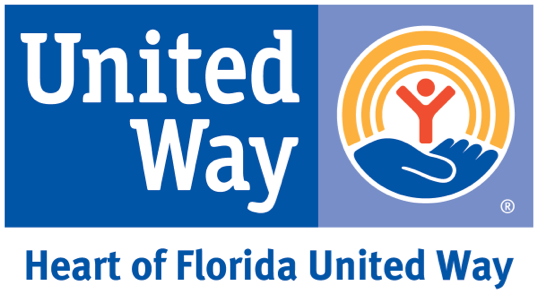
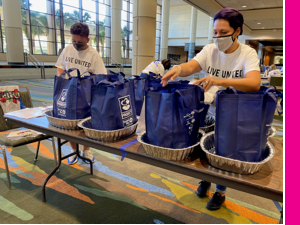 Within Central Florida, we recognize that for far too many families, the cost of living exceeds what they are able to earn. Nearly half of households struggle to afford their basic needs like housing, food and healthcare.
Within Central Florida, we recognize that for far too many families, the cost of living exceeds what they are able to earn. Nearly half of households struggle to afford their basic needs like housing, food and healthcare.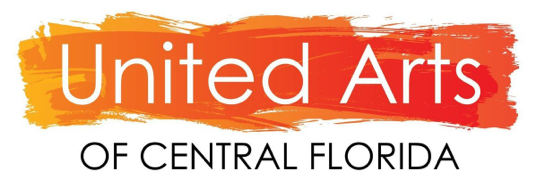

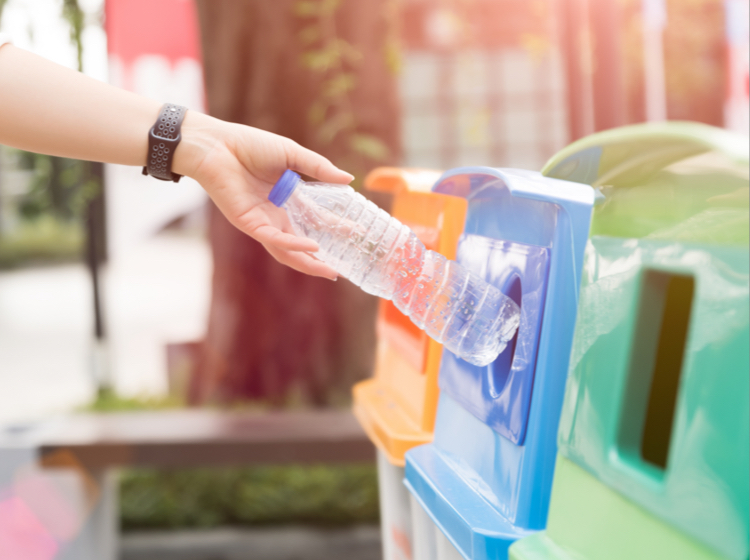
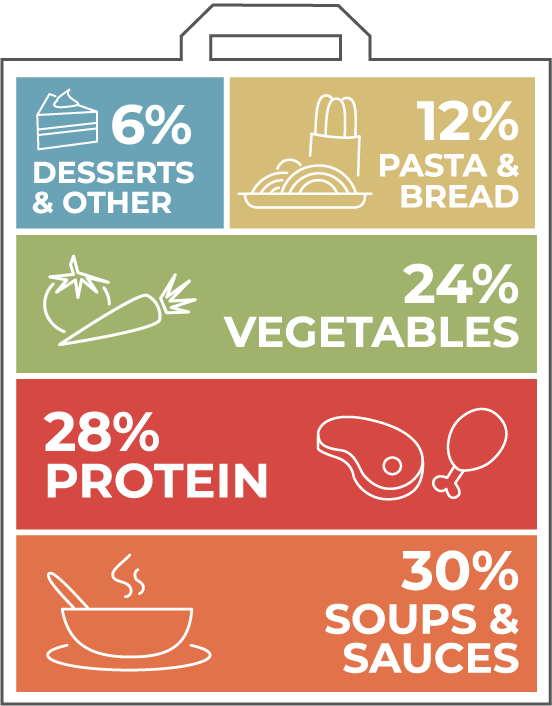
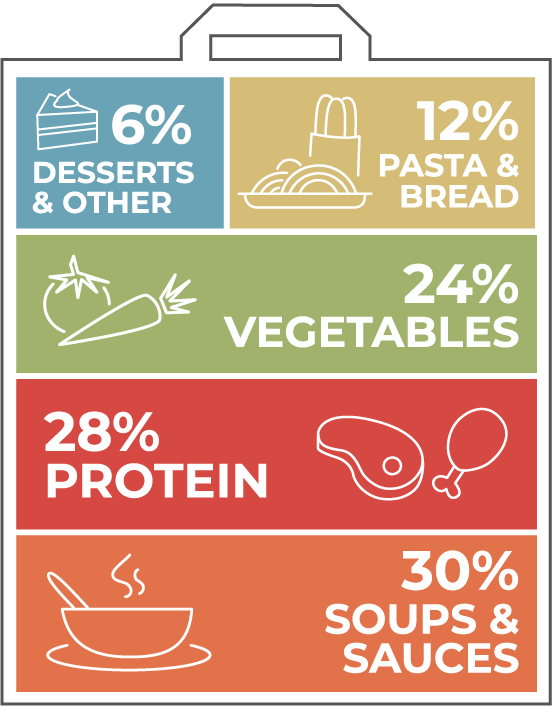

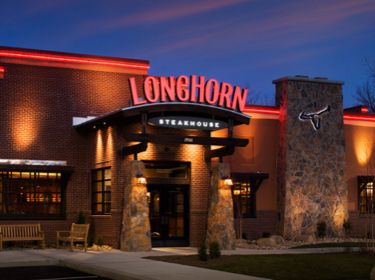
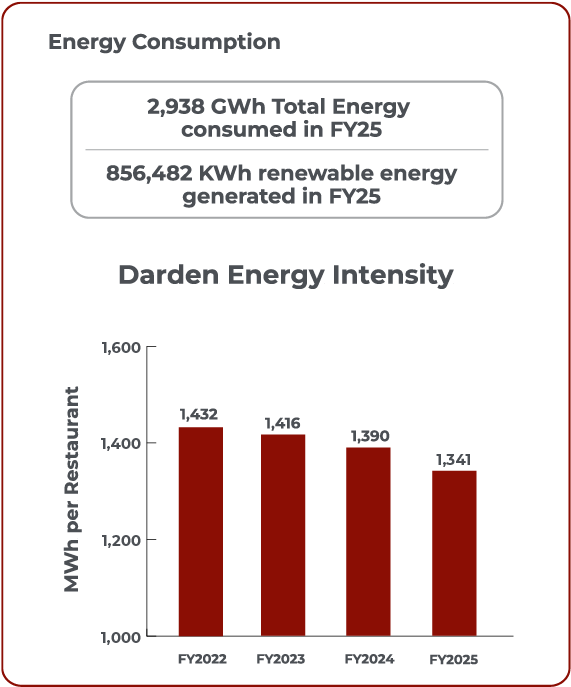
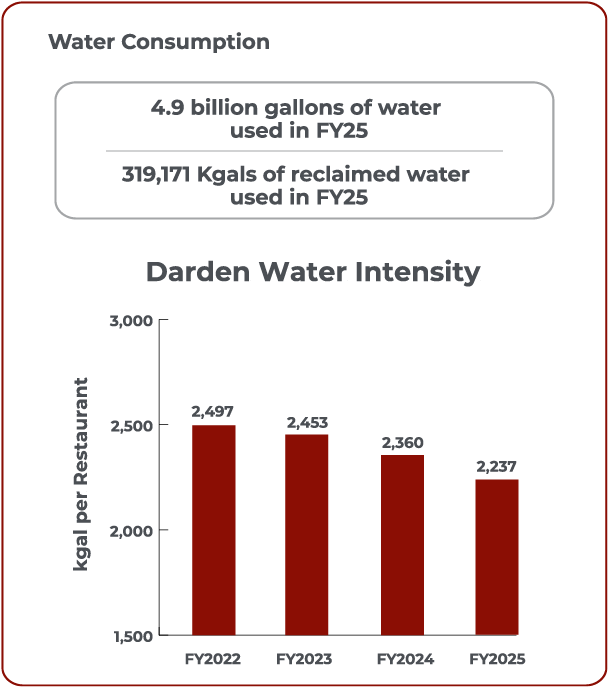
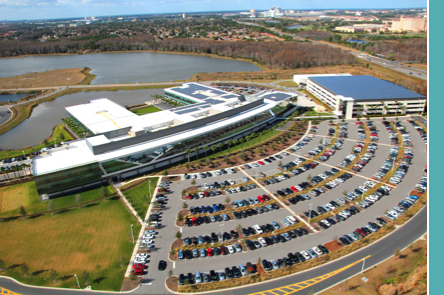 Built in 2009, our headquarters serves as a testament to our commitment to sustainability. The structure houses our Restaurant Support Center team and was designed to achieve LEED Gold certification for New Construction.
Built in 2009, our headquarters serves as a testament to our commitment to sustainability. The structure houses our Restaurant Support Center team and was designed to achieve LEED Gold certification for New Construction.